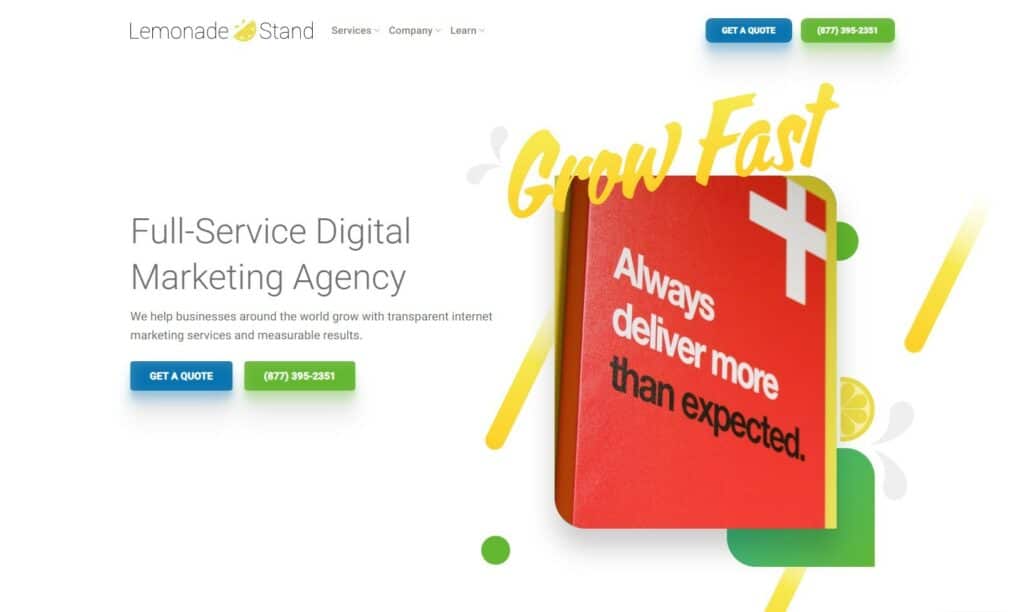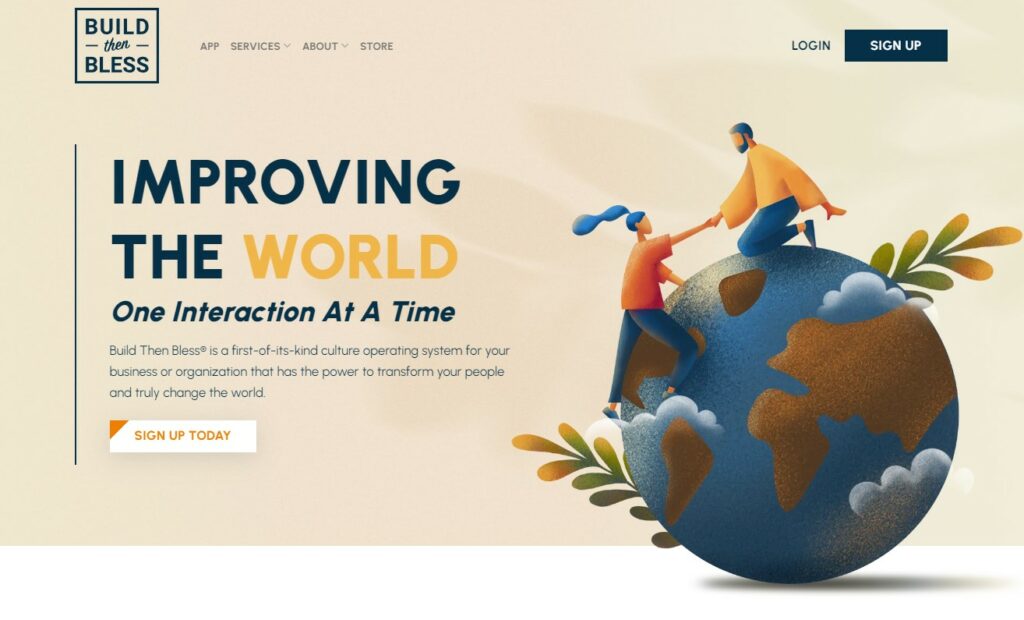(Note: Jonathan is a third-year student at the University of California Riverside. He just finished an internship with our sister company, Lemonade Stand. He wrote this post about how to market software to millennials based on his experience pitching Yalla on campus.)
I still remember building my first computer. Sitting at a diminutive brown desk, the frustration grew as I tried to fit a stick of RAM into a slot. Finally I finished, installing the free Linux operating system on the machine. I felt like I had just built the world’s best computer. I was 13 years old.
Growing up, I dreamt of being able to change the world. I spent my childhood hours reading books about space’s infinite matter. I was fascinated by the unknown.
After building that first computer, I decided to learn to code. Most of my middle school days as an overweight, shy nerd were spent in front of a screen learning how to make JavaScript and CSS work together. I followed that with high school classes in video editing, drawing and typography. Digital technology is a major part of my life.
When I came to the University of California Riverside, my interest turned to anthropology as a new spin on tech. Technology has launched mankind into a revolutionary world full of new and innovative ideas. I wanted to learn more about human history and how we had achieved greatness. My passion for learning led me to wonder, “How have humans interacted with technology over the years?”
So when Lemonade Stand offered me a chance to get people interacting with Yalla, I jumped at the chance. It was a simple proposition: I spent a few hours every week talking to classmates and peers about Yalla, in the hope of getting them to sign up.
Pitching Yalla, I was able to learn more about how people spent their time. Like most people on a tight schedule, relaxing and taking time off can be hard for me. By using Yalla to plan out the day and create a workspace between students and/or employers, I learned the importance of managing time. Yalla has created an online environment for managing time – both individually and with others.
Most student I asked to use the app told me about other apps like Google Calendar. My struggle to sign up students dragged me to a realization: people’s ability to use a computer has declined over the years.
People – especially college students – no longer interact with laptops, but instead manage most of their life out of their smart phones. Smartphones have created the gateway into the new era of technology. Phones can shoot 4k video, write notes and emails, hail a ride, and so much more. People have their phones glued to their hands, and it’s hard for them to put the phones down.
This realization led me to the truth about marketing apps to college students. Students want apps on their phone – not web-based ones. In fact, if you’re targeting college students with a web-based app, you might as well not bother.
Many students who interacted with Yalla on my computer did not like the idea that it was only available through a browser (we’ve since released Android and iOS versions). Nowadays, a lot of people don’t have the space to sit down next to a bulky desktop, unless they’re a gamer who needs a powerful rig. Even laptops, which at one point revolutionized the technology industry, are going out of style. The rapid growth of tablets and other small, portable, touch-screen-friendly devices is taking over the market. As I learned, today’s busy college student mostly uses his or her tablet and phone in order to take notes in class.
When I told fellow students we were working on mobile apps for Yalla, that’s what engaged their interest. Mobile apps will only continue to grow in popularity, as fewer people bother with the headache of a desktop or laptop computer. Most people my age aren’t nerds like me: they don’t care about building their own computer; they’ve already got one in their pockets.
If you’re wondering how to market software to millennials, keep my experience in mind. It doesn’t matter how cool your product is, or how many more features it has compared to the competition. If it’s not on phones, millennials won’t bother.


